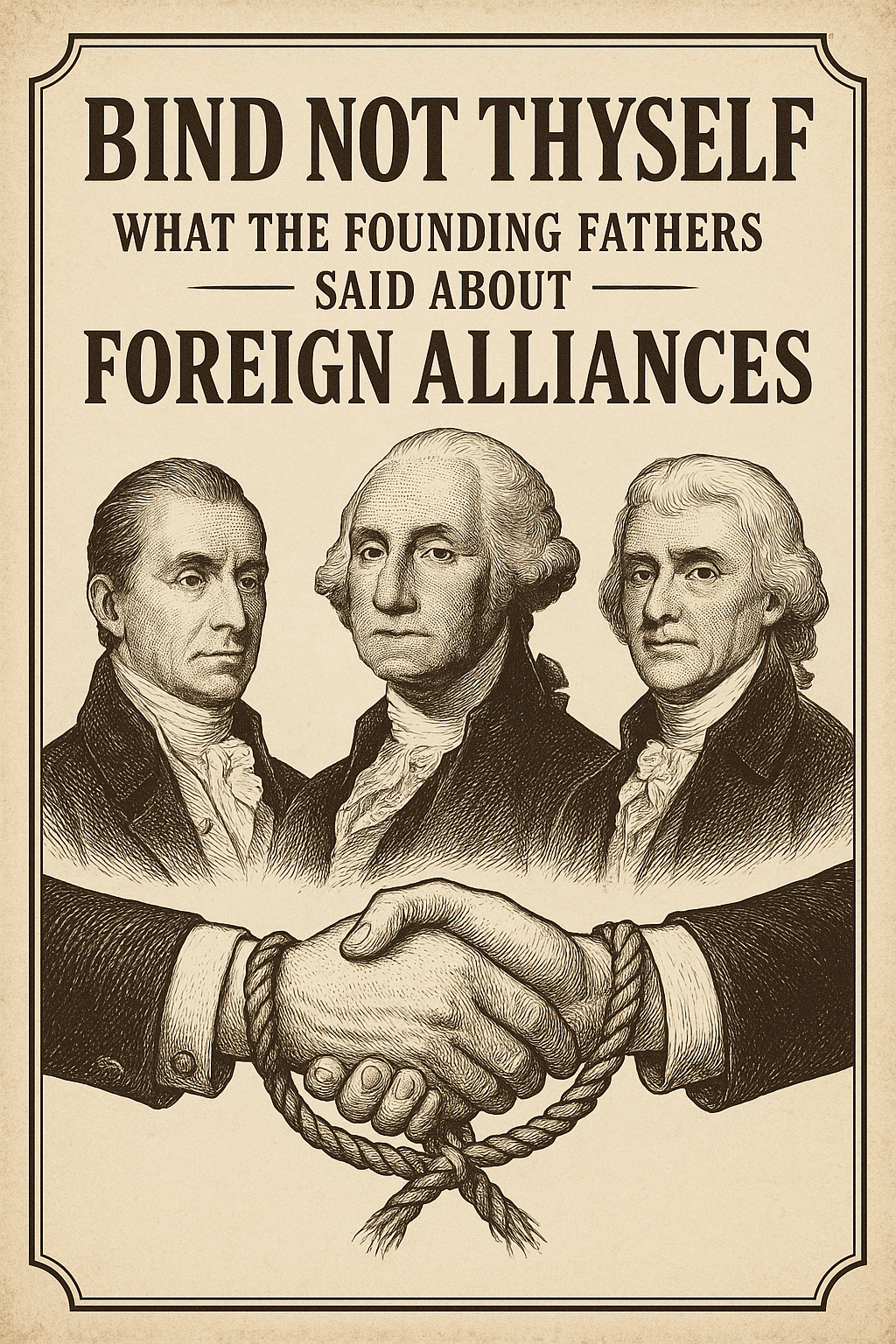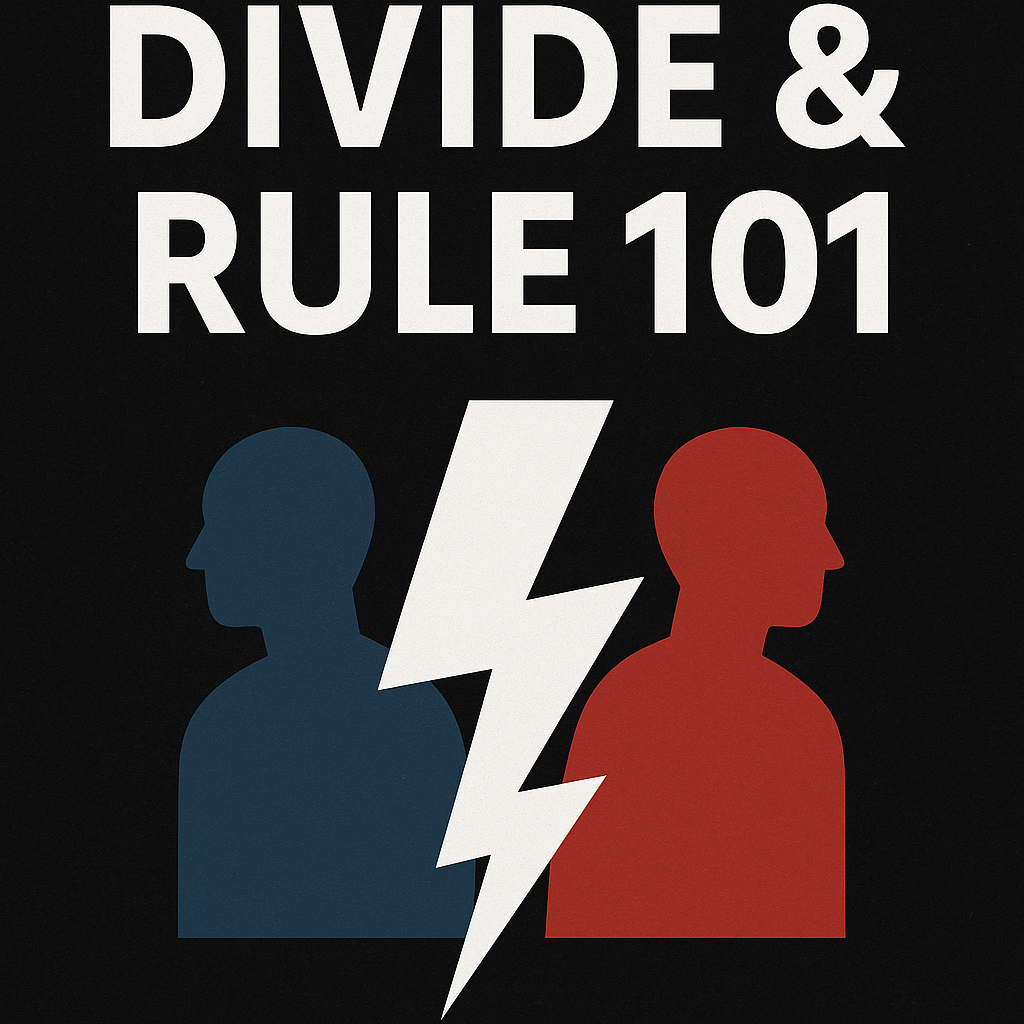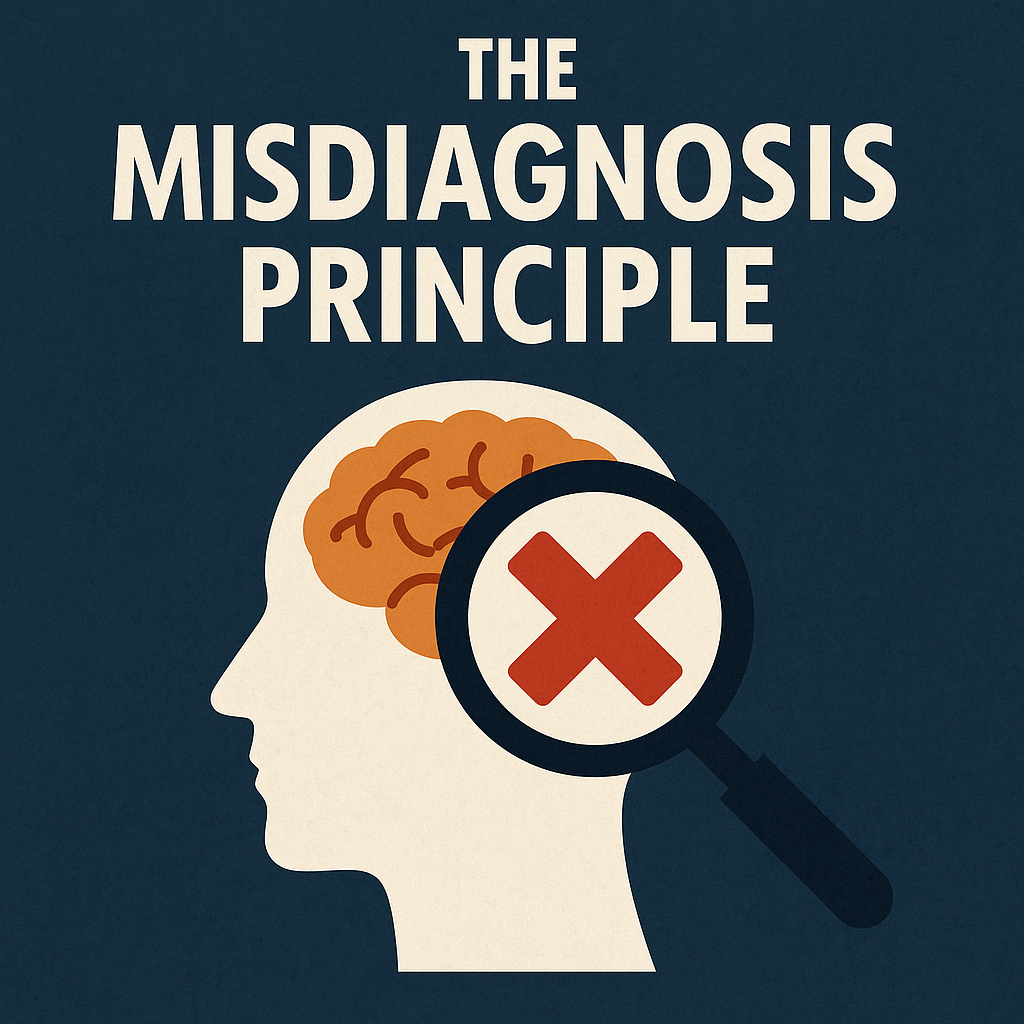“It is our true policy to steer clear of permanent alliances with any portion of the foreign world.”
— George Washington, Farewell Address, 1796
From the ashes of revolution, the United States emerged as a fragile republic amid the great powers of Europe—monarchies, empires, and entangled alliances locked in endless cycles of war and domination. It was in this volatile world that the Founding Fathers forged not only a new nation, but a distinct philosophy: America must remain free—politically, militarily, and morally—from foreign entanglements.
Though differing in temperament and policy preferences, the Founders shared a deeply rooted conviction: alliances, particularly permanent ones, posed a mortal threat to American sovereignty, unity, and peace.
George Washington: The Father’s Final Warning
In his Farewell Address—one of the most important political sermons in American history—Washington urged the nation to avoid becoming entangled in the rivalries of foreign powers. His concern was not merely about war, but about influence and internal division.
“The great rule of conduct for us in regard to foreign nations is… to have with them as little political connection as possible.”
Washington’s vision was clear:
- Friendship with all, but binding obligation with none
- Commerce, not conflict
- Temporary alignments only in emergencies, never long-term dependency
He feared that permanent alliances would import foreign quarrels and corrupt the unity of the American people, who were still deeply vulnerable to partisan division.
Thomas Jefferson: “Entangling Alliances with None”
“Peace, commerce, and honest friendship with all nations—entangling alliances with none.”
— Jefferson, First Inaugural Address, 1801
Jefferson echoed Washington, emphasizing that America’s strength would come from moral example and internal virtue, not from entangling itself in the constant power games of Europe.
Having served as Minister to France during the French Revolution, Jefferson had seen firsthand how alliances could twist a nation’s moral compass and embroil it in conflicts that served foreign interests rather than the common good.
His philosophy was simple and revolutionary:
- Trade with all, but commit to none
- Guard liberty by resisting foreign manipulation
- Avoid ideological crusades abroad
James Madison: War and Alliance as Enemies of Liberty
“Of all the enemies to public liberty, war is perhaps the most to be dreaded…”
— James Madison, 1795
Madison understood that war did not simply threaten lives—it threatened republican principles. It centralized power, justified surveillance, and bred permanent executive overreach.
Alliances, in his mind, were often the gateway to war.
He warned that:
- Alliances lead to standing armies, which threaten liberty
- They entangle America in foreign interests
- They create false loyalties and corruption in government
His writings consistently argued that a free people must resist the pressure to align themselves permanently with any power bloc.
John Adams: Diplomacy Over Empire
Though often overshadowed by his more fiery contemporaries, Adams was a staunch believer in independent foreign policy. As a lawyer, diplomat, and president, he viewed entangling alliances as threats to both constitutional order and moral integrity.
While he signed treaties and sought peace with foreign nations, Adams consistently avoided permanent alliances and resisted popular pressure to support France in its revolutionary wars.
Though his son, John Quincy Adams, later said, “America does not go abroad in search of monsters to destroy,” the sentiment was shared by his father:
America must be a beacon of liberty—not an enforcer of ideology.
Alexander Hamilton: Strategic Prudence, Not Permanent Bondage
Hamilton, often thought of as the most militarily inclined of the Founders, still shared the general caution about alliances. While he supported temporary alignments in defense of national interest, he was wary of long-term obligations that could compromise American independence.
“To avoid foreign wars and alliances is one of the most powerful safeguards of liberty.”
Hamilton believed:
- Alliances should be interest-based, not ideological
- They should be temporary, forged in necessity
- The executive should be restrained from entangling the republic without Congressional oversight
Even in his calls for a stronger federal government, Hamilton never supported the kind of global entanglements that later came to define 20th-century American foreign policy.
Benjamin Franklin: The Diplomatic Realist
Franklin, the skilled diplomat who secured French aid during the Revolution, viewed alliances as tools of circumstance, not principles of foreign policy.
He understood their short-term utility—but never trusted their permanence.
His position reflected prudence:
- Use alliances in war to preserve the nation
- Avoid them in peace to preserve its soul
Franklin’s wisdom showed that alliances must serve liberty—not threaten it.
Shared Principles: What United the Founders on Foreign Policy
Despite their differences, nearly all Founders agreed on core principles:
| Principle | Purpose |
|---|---|
| Avoid Permanent Alliances | Preserve sovereignty and unity |
| Trade Freely, Bind Politically Never | Maintain peace and independence |
| Reject Foreign Influence | Prevent ideological and institutional corruption |
| Resist Foreign Wars | Protect republican values from militarism |
| Let America Be the Example | Influence by character, not conquest |
These ideas formed what became known as “The Tradition of Non-Entanglement”, the cornerstone of American foreign policy for over a century—until it was gradually abandoned in the 20th century.
Final Reflection: The Wisdom We Forgot
The Founding Fathers did not fear the world—they feared losing America’s soul in it.
They believed that liberty could not survive if America became an empire, a debtor to foreign causes, or a servant of global agendas.
Today, as we face growing global conflict, foreign entanglements, and ideological infiltration, their warnings resound with renewed urgency:
Do not bind the Republic to foreign powers, foreign wars, or foreign values.
Be a friend to all—but a servant to none.
It is time to remember—and restore—the wisdom of those who built a nation not by conquest, but by conviction.







